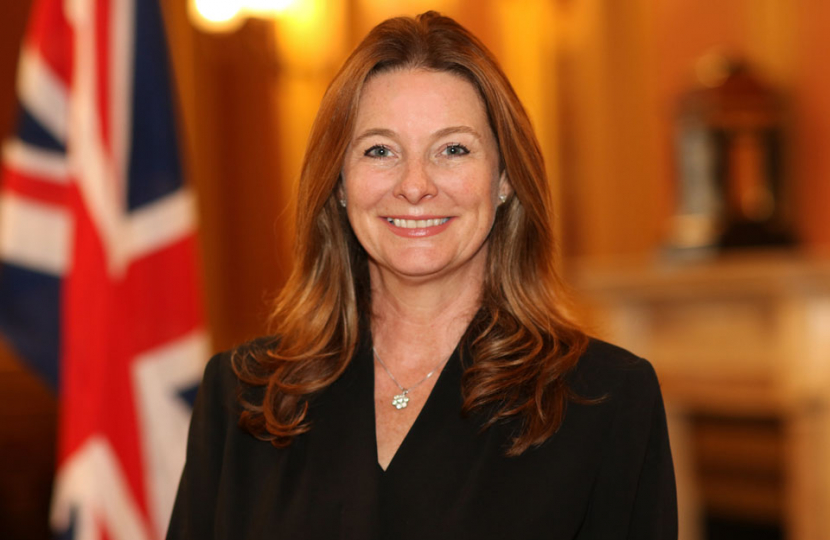In a candid admission, Education Secretary Gillian Keegan has acknowledged the challenges in meeting the government’s commitment to providing new free childcare hours on schedule, citing a lack of control over various components of the initiative. The ambitious plan involves delivering 15 hours of free childcare per week for two-year-olds starting in April, with a further expansion to 30 hours for children as young as nine months by September 2025.
Scheme Under Scrutiny
The Guardian’s recent revelation of issues plaguing the flagship scheme, such as funding allocation problems for nurseries and staff shortages, has raised concerns. With the first phase set to commence in just two months, technical glitches hindering parents’ access to the required support code have further complicated matters.
Ministerial Response and Last-Minute Measures
Responding to the mounting challenges, ministers have implemented a last-minute “workaround” to address parents’ concerns and gain control over the chaos surrounding the scheme’s introduction. However, Keegan, appearing on Sky News’s Sunday Morning with Trevor Phillips, emphasized the difficulty in providing guarantees for the future, expressing confidence in the plans but highlighting the intricate involvement of tens of thousands of businesses.
Former Education Secretary’s Perspective
Former Tory education secretary Justine Greening acknowledged the formidable nature of delivering additional hours and underscored it as a crucial test for the competency of Rishi Sunak’s government. Greening commented that the task would be “very challenging,” emphasizing the importance of effectively managing the expansion.

Read more:
- No Trump Support: GOP Candidate Mazi Pilip in NY Won’t Back Trump if Criminally Charged
- Governor Hochul Signs Bill Redefining Rape in New York
- California Gun Control Law Back in the Legal Spotlight
- Iran Bombing Urged by Hawks, Barbara Lee Stands Firm on Peace
Concerns of Early Years Providers and Recruitment Campaign
Parents qualifying for free childcare in April have received automatic codes, but early-years providers argue that this does little to address an ongoing staffing crisis, limiting the availability of spaces. In response, the government has launched a £6.5 million-backed recruitment campaign just two months before the expansion’s first phase. The initiative includes a trial offering a £1,000 cash payment to new recruits and returners to the early years workforce in 20 local authorities in England.
Critiques and Insufficient Support
Critics argue that the “Do Something Big” campaign arrived too late, with proposals deemed “a drop in the ocean” compared to the comprehensive support required for the impending reforms. Industry leaders and campaigners express skepticism about the campaign’s efficacy, considering the magnitude of challenges facing the sector.
Overview of Expansion Plans
The overarching plan envisions working parents of two-year-olds accessing 15 hours of free childcare from April, extending to working parents of all children over nine months from September. Within a year, this will further expand to 30 hours for these children, marking a significant shift in childcare accessibility for families across the country.
In navigating the complexities of this initiative, uncertainties loom, and stakeholders grapple with the need for effective solutions to ensure the smooth implementation of the expanded childcare hours promised by the government. The challenges ahead will undoubtedly test the resilience and adaptability of the educational and childcare sectors, with the welfare of thousands of families at stake.















+ There are no comments
Add yours